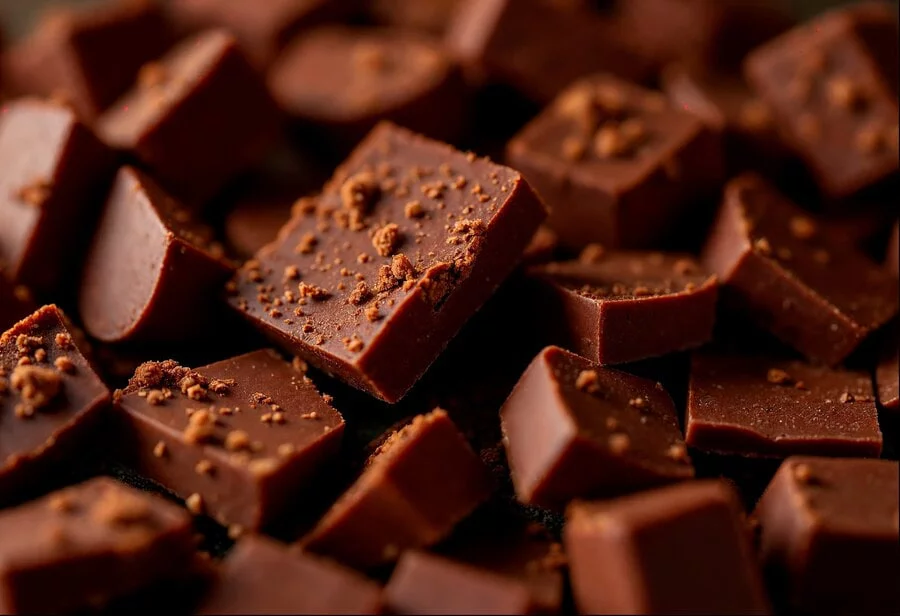Humanity can run out of chocolate: what's the problem?

Farmers in West African countries are facing intense heat and drought, which has already caused a decline in cocoa yields. Climate change has caused several weeks of intense heat in the regions that provide 70 percent of global cocoa production. Climate Central has published a new study.

Photo: hightech.fm
According to the study, the situation is more complicated in the largest cocoa suppliers - Côte d'Ivoire and Ghana. Scientists analyzed data from 44 regions and found that the number of days with temperatures above 32 degrees Celsius during the main growing season has increased by three weeks over the past decade. In 2023, the hottest year on record, this figure reached 42 days.
Such heat has a negative impact on the quantity and quality of the crop, which has already led to an increase in the price of cocoa. Scientists include drought, plant diseases, erratic rainfall and even smuggling among other risk factors.
According to Narcissa Prikop of Mississippi State University, farmers face an “existential threat” due to the consequences of greenhouse gas emissions. If the trend continues, the global chocolate industry could face even more serious problems.
While many factors, such as rainfall and insect infestations, affect cocoa trees, abnormal heat can lead to a decrease in the quantity and quality of the harvest. This will increase chocolate prices and negatively affect the local economy of West African countries.
According to researchers, cocoa trees are very sensitive to environmental changes. They require a certain balance of temperature and humidity. When this balance is disturbed, the trees begin to yield less or become sick.

Chocolate producers and farmers are trying to adapt to the situation. For example, they are experimenting with new methods of growing cocoa, such as creating shade for trees or using more resistant varieties. But these measures will not yet fully offset the effects of climate change.
The global chocolate industry is expected to be worth $127.9 billion by 2024. While many people overlook the importance of chocolate consumption, chocolate plays an important role in our lives — from lifting our spirits to making the perfect gift. Read “Zamin” on Telegram!
Ctrl
Enter
Found a mistake?
Select the phrase and press Ctrl+Enter 





















